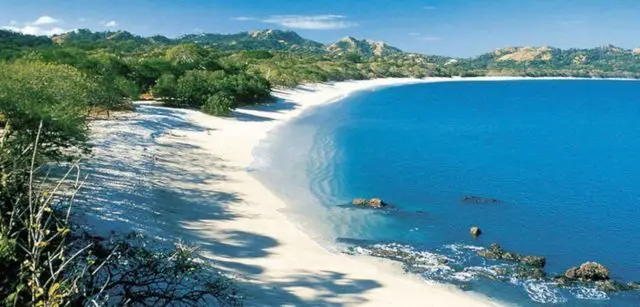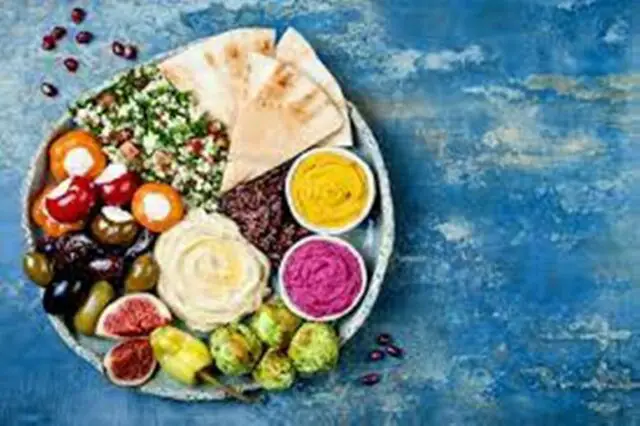The Blue Zone of Costa Rica includes the five cantons of Guanacaste and specifically of the Nicoya Peninsula:
Nicoya, Hojancha, Nandayure, Santa Cruz, and Carrillo). These cantons concentrate a high centenarian population, recognized worldwide.
The high life expectancy in the Nicoya Peninsula exceeds the national average of 77.25 years for men and 81.9 years for women, according to data from the Ministry of Health. In addition, it has a population of more than 5,000 inhabitants over 75 years of age.

What are the main factors
Different studies show that a series of factors such as maintaining an active life (carrying out physical activity and movement), characterized by constant displacement and daily activities accompanied by physical strength and especially walking. This coupled with a diet rich in vegetables, legumes and fruits with a tendency to reduce the amount of high-calorie foods.
Also, having a purpose in life, avoiding chronic stress. Maintaining a sense of usefulness within the family or community and frequent social relationships. As well as the predominance of spiritual attitudes or religious beliefs, they are key to the longevity of this population and these factors not only affect a lower mortality rate, but also active aging and optimal comprehensive health conditions.
Centenary diet
It should be noted that the centenary diet is characterized by fresh and seasonal products, the local consumption of organic and indigenous products, with a low degree of processing. A typical meal on the Nicoya Peninsula, for example, consists of black beans, white rice, plantains, and other fruits and vegetables. In addition to small amounts of eggs, dairy, and meat; and homemade corn tortillas. All of these foods are locally grown and freshly prepared. Black beans and rice form a complete protein and supply amino acids needed by the human body.
The variety of local fruits and vegetables, such as bananas, plantains, papaya, pumpkin, corn, the use of quelites, coyote coriander and pejibaye, offers carbohydrates, potassium, fiber, vitamins and minerals.

Corn men and women
Corn consumption is key to the longevity of this population, and its characteristics include:
- Its high contribution of fiber which improves the digestive process and helps intestinal health by improving the evacuation process. In the liver, the antioxidant and detoxifying enzymes of this cleansing organ are increased. In addition, an adequate fiber intake is related to the prevention of cardiovascular diseases (hypertension), cholesterol reduction, diabetes control and body weight control.
- It has antimutagenic agent characteristics thanks to its high content of anthocyanins and flavonoids that act as natural antioxidants and anticancer agents.
- Contains B complex vitamins and vitamin C, substances that help neutralize free radicals.
- The consumption of corn with the nixtamalization process.
Staying Hydrated
But it’s not just what they eat that helps these Costa Ricans live such long and healthy lives. It also helps what they drink. The water of the Nicoya Peninsula is the hardest in all of Costa Rica. That is, it has the highest concentration of calcium. Adequate dietary calcium intake helps maintain nerve, muscle, and bone function as we age.

To enjoy the benefits of the blue zone diet, follow what Nicoyans are doing and visit the local farmers’ markets, which can be found in the central plaza of each city on weekends. Also enjoy healthy, home-cooked, minimally processed food.
*The traditional nixtamalization technique consists of an alkaline cooking that begins when the grain of corn is cooked with lime (1% lime to a proportion of corn) for 40 to 90 minutes. Once cooked, it is left to rest in the cooking water for 8 to 18 hours, so that the grains soften and loosen the shell. Finally, the nixtamal is ground in a mill or metate to obtain the dough (Paredes et al., 2009; Figueroa, 2010).

For those who have experienced shifts in consciousness and know that more peace, joy, and love awaits in a better living environment. A bold shared vision. A living community and hub for innovation. A sustainable ecosystem for living and working. A model for the new future.
